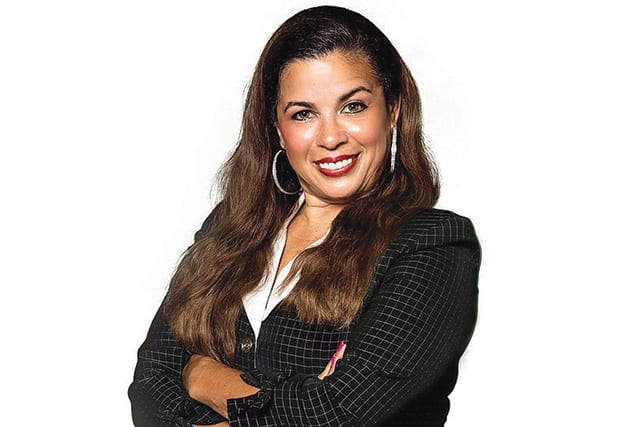by Erika Sugarmon
Special to The New Tri-State Defender
A homeowner sells you his house, remarking on its high ceilings, lovely sun porch, and Southern exposure, all true. He fails to tell you there are termites, which you find out to your dismay after closing.
We’d call that fraud by omission. You can deceive someone by not telling them what they need to know.
Our city leaders are doing just that with the three ballot measures up this November. That’s why I was happy to sign on as a plaintiff challenging in court their misleading wording.
Back in 2008, Memphis referendum voters overwhelmingly supported two election reforms for city elections: Term Limits of 2 terms, and Instant Runoff Voting (IRV). IRV lets voters rank candidates in order of preference—1st, 2nd, and 3rd. If no candidate gets a majority, rather than running a separate costly, low-turnout ‘runoff’ election, IRV uses the rankings to find the winner with majority support. Because African-American and low-income voters have an especially hard time coming back to the polls for that second runoff election, IRV avoids voter suppression.
IRV has been used for decades in the U.S. in other cities and would be good for Memphis. It allows more voters to participate, makes elections more competitive, and gives newcomer candidates a more level playing field, than either of the two election systems we used to run in Memphis. Which is why the City Council incumbents want to undo those 2008 referendums with three repeal referendums, to make it easier for them to stay in power longer.
And, with their tricky ballot language, they might get away with it.
The first ballot question asks voters if they’d like to adopt a 3-term limit for city elections—without telling them that we already voted in a 2-term limit. Termites, anyone?
This language makes it sound like if you like term limits you should vote “Yes.” But really, if you want to limit incumbents’ time in office, you would want to vote “No.”
The second ballot question asks voters if they’d like to repeal IRV and return to the way things were in 2008. They don’t tell you, but that means we’d have to pay for the second round of runoff elections in most City Council districts. They also don’t tell you that doing that will cost the City over six figures a year over (conservatively) in election costs. That’s a problem because state law says the City must do an estimate of the fiscal impact of a referendum.
Back in 2008, the City followed the law and informed voters on the ballot that adopting IRV would save $250,000 a year. Wouldn’t repealing that now cost $250,000 per year? Wouldn’t it be useful for voters to know this?
Well, you won’t find any such required info on the ballot, which just ignores the 2008 ballot number and claims it’s impossible to estimate. Apparently what was possible then is impossible now.
The third and final referendum proposes that we get rid of runoffs (either the Instant kind or the expensive, low-turnout kind) altogether. This would allow an incumbent to skate by with 30 percent or so of the vote in a crowded field of candidates, where the anti-incumbent vote was split between too many similar challengers.
I know something about this, because I was a victim of it this past August. I ran for City Council against an appointed incumbent, a pro-business, anti-labor candidate. Along with me, two other progressive, pro-labor candidates split that vote, letting the incumbent win with just around 40%–even though a majority of that district would have ranked that incumbent pretty far down its list. I was a close second. I likely would have won under an IRV vote. (See Supplemental Documentation)
But leave aside the merits of this “minority rule” proposal. Like the other two, it’s confusing to the voters. That’s because it directly contradicts the second proposal. Question 2 says, “Go back to runoffs for single-member districts, like we had in 2008.” Question 3 says, “Get rid of all runoffs.” You can’t have it both ways.
This whole business shows how the City Council disrespects voters. The politicians said we didn’t understand what we were voting for in 2008, so they’re making us vote on it again. They quietly used tax dollars to try to lobby Nashville to outlaw IRV across the state—which, if they’d succeeded, would have made a mockery of this November 2018 referendum. Then they write deceitful language to tilt the scales toward their favored “Yes” vote.
This is why I’m proud to be on this lawsuit, and proud to be urging Memphians to vote “NO” on all upcoming ballot questions. Tell the politicians we meant what we said the first time. Tell them we’re not too stupid to understand the 2008 referendums, or to understand how to rank “1, 2, and 3” on an IRV ballot. Tell them we won’t be fooled by their tricky wordplay.
Vote “NO” on all referendums. Go to www.saveirvmemphis.com for more information.



